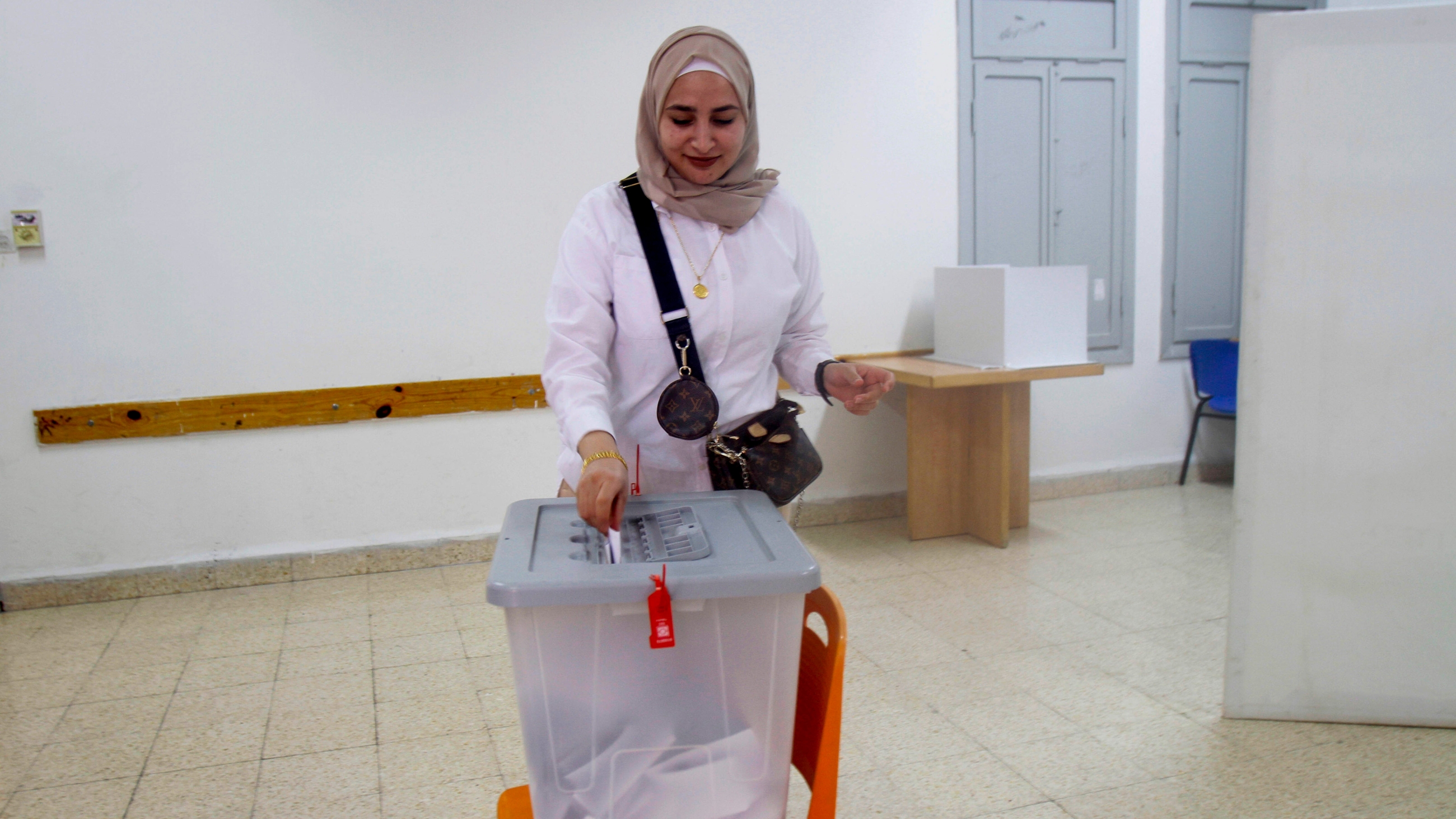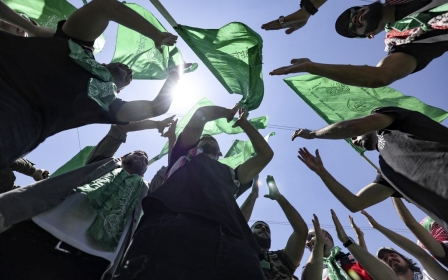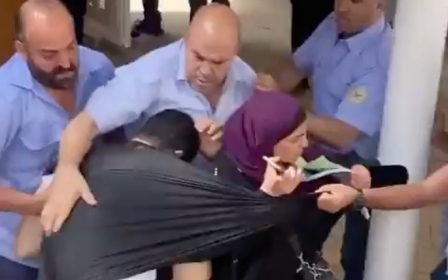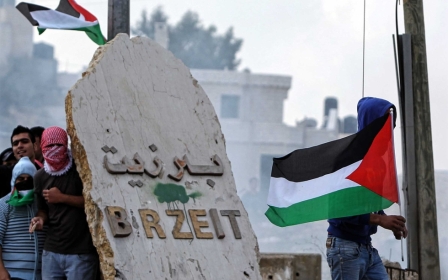West Bank: Hamas list wins key university elections

A Hamas-affiliated list has won student elections at a key West Bank university for the first time in 16 years, in the latest sign of dwindling support for the Palestinian Authority (PA).
The Islamic bloc secured 40 seats out of 81 available in the student council of Nablus’ An-Najah National University on Wednesday.
Its main rival, the "Shabiba" bloc - the student arm of the PA’s ruling party, Fatah - won 38 seats, while three seats went to a list linked with the Popular Front for the Liberation of Palestine (PFLP).
The An-Najah polls, along with elections at Ramallah's Birzeit University, are considered the bellwether of West Bank politics. The results of these elections are read as a reflection of wider Palestinian society, its position on the PA, and voters' orientations in any broader elections that may be held in the future.
"The exclusionary approach [of the PA] in the West Bank and the repression [of opponents] led people to hold onto their principle more firmly,” said Sayel Amara, a lecturer at An-Najah.
New MEE newsletter: Jerusalem Dispatch
Sign up to get the latest insights and analysis on Israel-Palestine, alongside Turkey Unpacked and other MEE newsletters
“The PA must rethink its political project, because it doesn’t have the support of the majority [in Palestine],” he told Middle East Eye.
The election results come a year after undercover security officers attacked Hamas-affiliated students at An-Najah, who were later expelled by the university, leading to more protests and anger directed towards the PA.
It also follows last year's election victory for the Hamas-affiliated Islamic Wafa bloc at Birzeit University, another leading independent institution in the West Bank.
Meanwhile, the popularity of armed resistance against the Israeli occupation - a strategy often associated with Hamas - has soared in Nablus in the last year, especially with the rise of new groups such as The Lions' Den.
PA crackdown on Hamas students
An-Najah’s student council has been dominated by the Shabiba bloc since 2007, the year in which a violent political dispute between Hamas and Fatah erupted. It remains unresolved.
Hamas affiliates have been the target of repeated crackdowns by pro-PA forces since the 2007 infighting.
'The PA must rethink its political project, because it doesn’t have the support of the majority [in Palestine]'
- Sayel Amara, lecturer at An-Najah
Islamic bloc member Muhammad Raddad, 20, was killed on campus in 2007 when PA security officers and university guards fired live ammunition at students, following a heated student meeting.
The Islamic Wafa was also banned from participating in student elections between 2006-2013.
The university had failed to hold elections since 2017, postponing the annual vote each time, citing different reasons.
A Hamas member and former head of the An-Najah student council told MEE that student and union elections in Palestine suffer inconsistency, “firstly because of the occupation and secondly because of the Palestinian political system”.
First-time voter and media student Maria Sallam said she was happy to participate in the vote for the first time.
"I hope this democratic scene is repeated every year,” Sallam told MEE.
“Many students graduated from the university without exercising their right to choose who should represent them.”
The Shabiba bloc won the last elections in 2017 with 41 seats, while the Islamic bloc held 34 seats.
Middle East Eye delivers independent and unrivalled coverage and analysis of the Middle East, North Africa and beyond. To learn more about republishing this content and the associated fees, please fill out this form. More about MEE can be found here.




